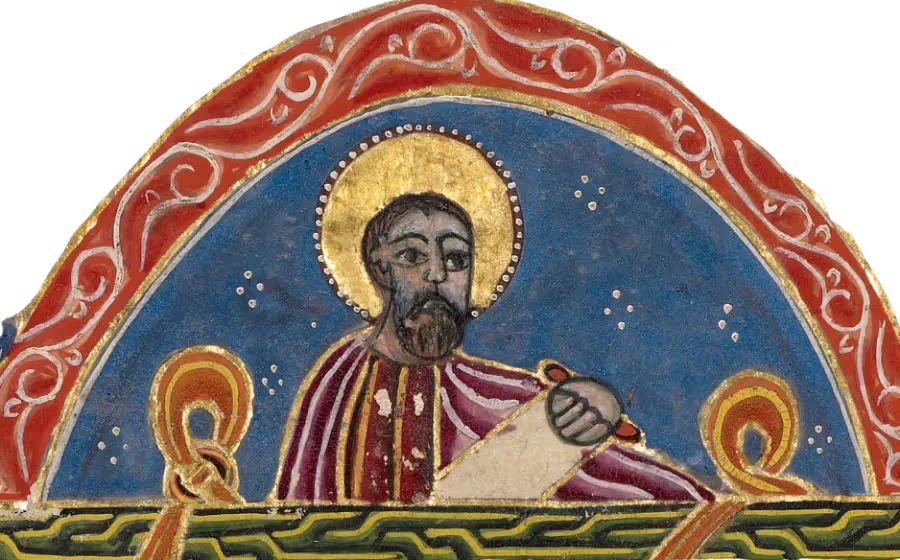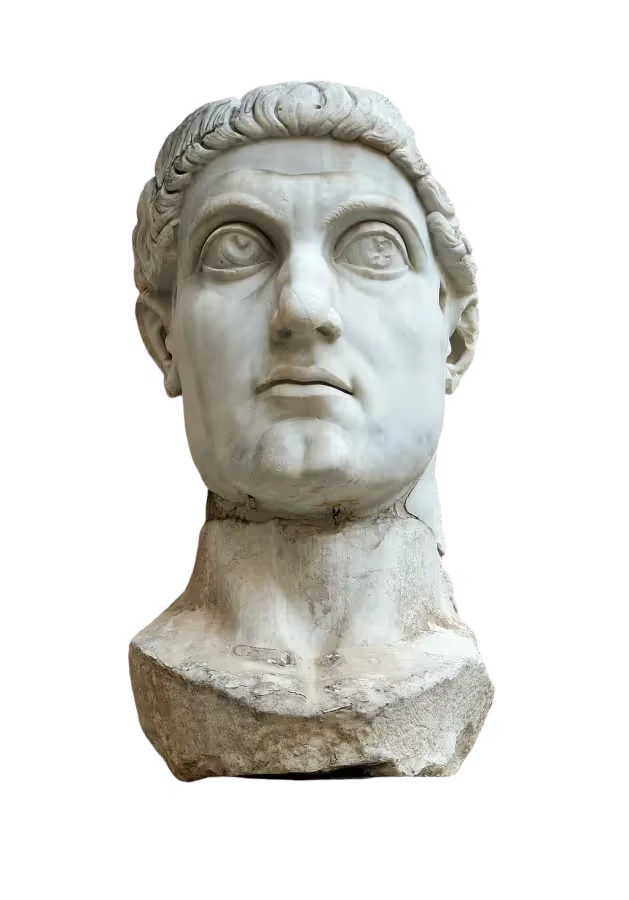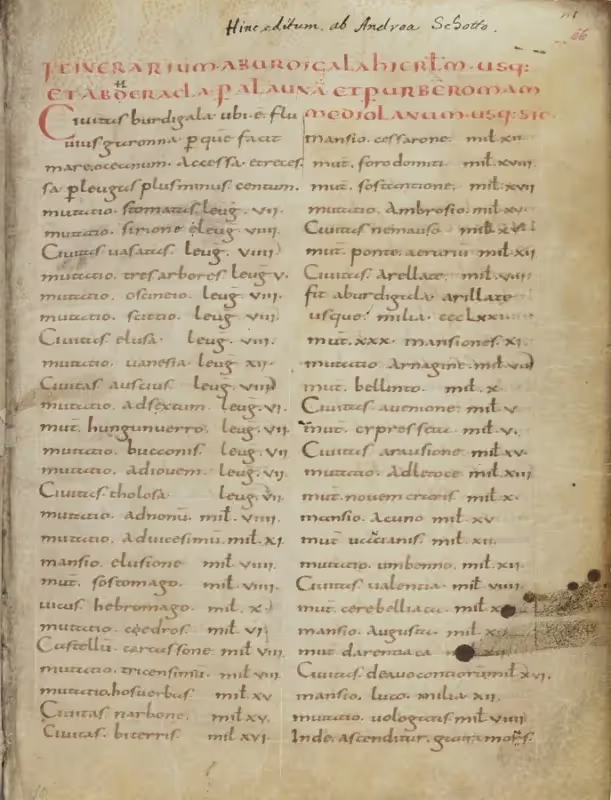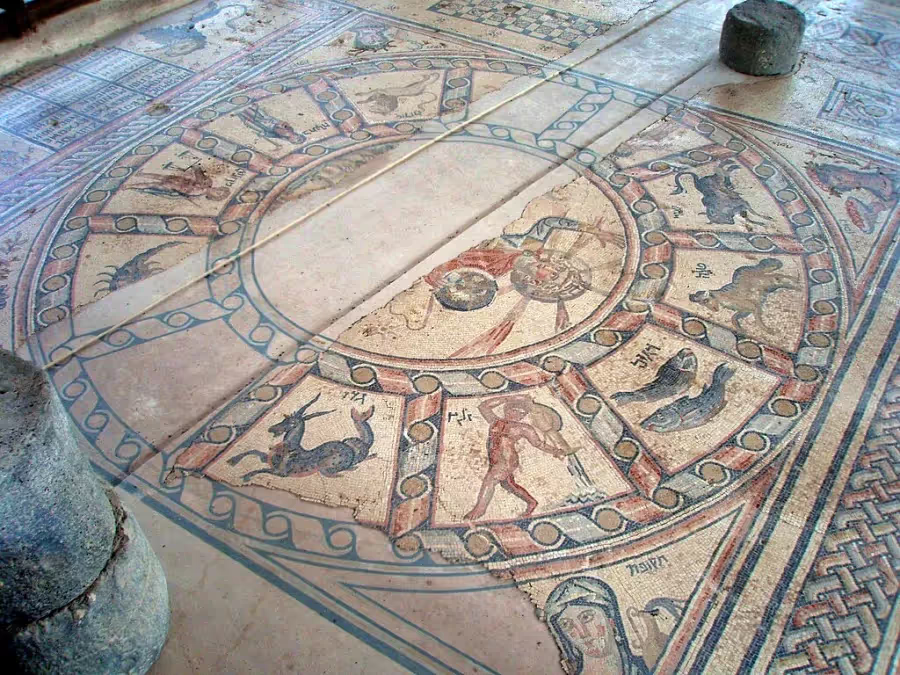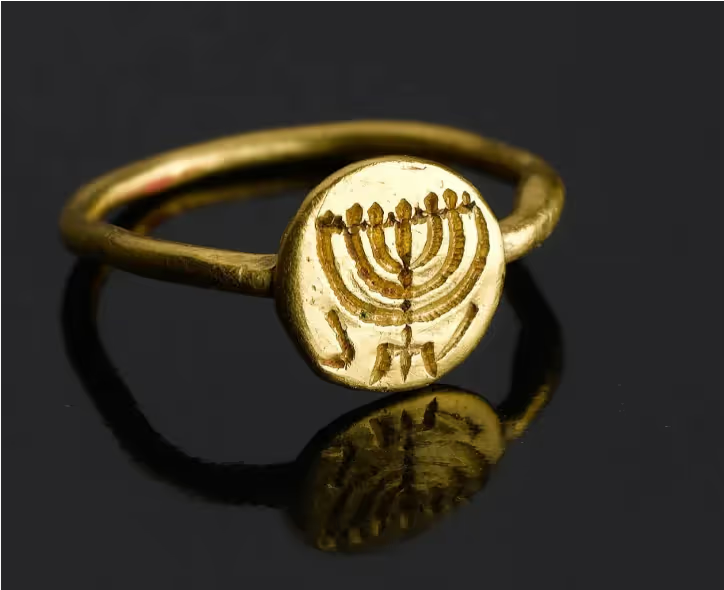Julian “the Apostate” - Orders Rebuilding of the Temple in Jerusalem
Jews enjoyed a short reprieve from Christian persecution under Emperor Julian, a Neoplatonic Hellenist who disliked Christianity due to its claim that it alone was the true religion. This earned him the name “apostate” in Christianity. He admired the Jews’ ancient forms of worship and their allegiance to One G-d, whom Julian called “most powerful and most good.” He promised to rebuild the Jewish Temple and even allowed Jews to build a temporary synagogue on Temple Mount.
Julian’s Epistle 25 to the Community of the Jews:
“When I have successfully concluded the war with Persia, I may rebuild by my own efforts the sacred city of Jerusalem, which for so many years you have longed to see inhabited, and may bring settlers there, and together with you, may glorify the Most High God therein.”
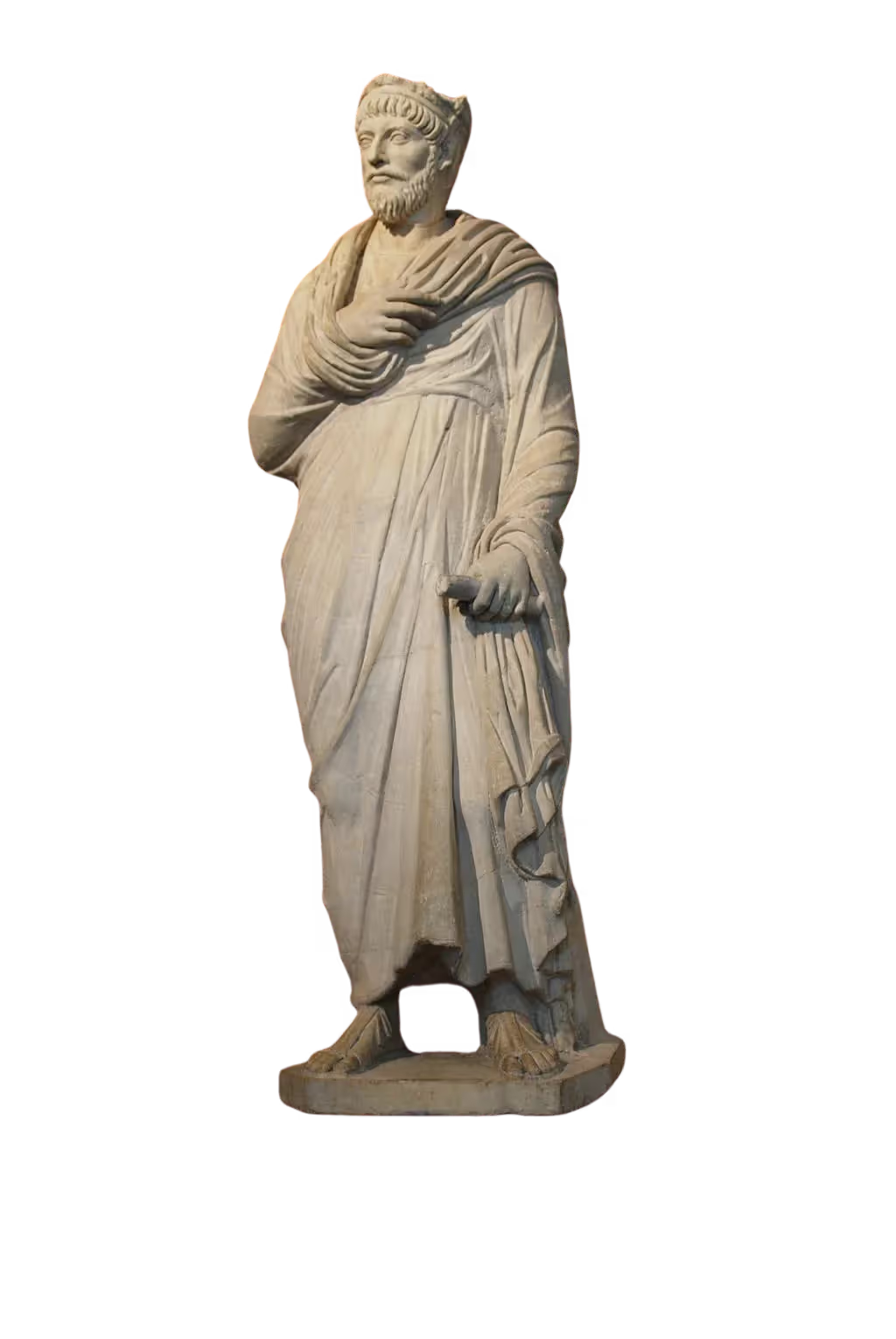
Julian the Apostate - Statue at the Musée de Cluny
Ash Crow, CC BY-SA 4.0 <https://creativecommons.org/licenses/by-sa/4.0>, via Wikimedia Commons
Overview
The Emperor Julian, a Neoplatonic Hellenist, disliked Christianity because of its claim that it alone was the true religion. This earned him the name “apostate” in Chrisitanity. He admired the Jews’ ancient forms of worship and their G-d, (Y-H-V-H), whom Julian called “most powerful and most good.”
Julian’s Epistle 25 to the Community of the Jews:
“When I have successfully concluded the war with Persia, I may rebuild by my own efforts the sacred city of Jerusalem, which for so many years you have longed to see inhabited, and may bring settlers there, and together with you, may glorify the Most High God therein.”



